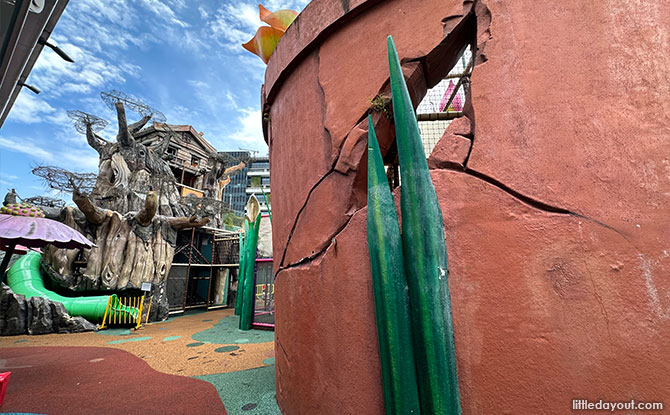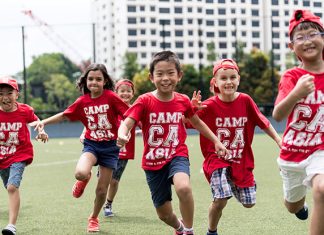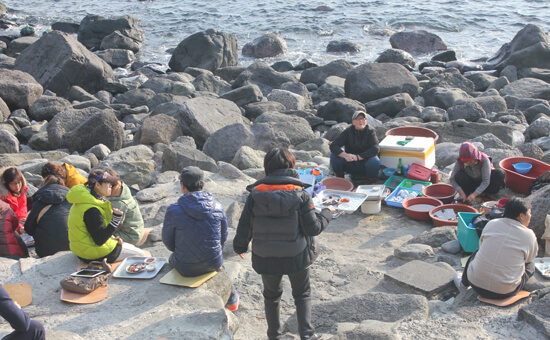
“Annyeong!”
Our little boy raced out of the lift with a bright smile on his face. He waved his hands in delight at the middle-aged couple waiting at the lift lobby, and greeted them enthusiastically.
Expecting a warm response, in a similar manner to what he had experienced during his recent Korea trip, he instead received an icy glare, almost as if the couple was perturbed by his behaviour.
During our recent 3-week trip to Korea, both our boys had been the centre of attention wherever they went and many people, young and old, would greet them on the street with a friendly “Annyeong”, meaning “Hello” in Korean. Our children consequently learnt to greet everyone they met in a similar manner.
Upon our return home, things were very different. While the boys did receive an occasional smile or reciprocal greeting, they mostly received blank stares, or worse than that – accusing glances that seemed to imply that our children were abnormal by being enthusiastic in greeting others.
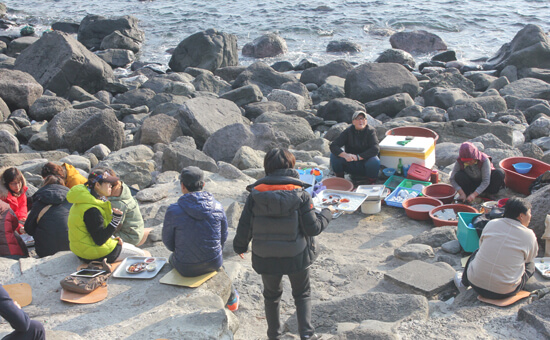
While culturally, Singapore is different from Korea, and one can argue that we should not expect a similar response from people here, when you consider that neighbourliness is a universal trait, cultural differences across countries should fade away and one should merely consider if such an act is desirable. As parents, we try to teach our children to treat others with courtesy and respect, and also improve the way they communicate with others, regardless of which country we are in.
Therefore, even though my little boy still encounters blank stares at times when he lets out a big “hello”, I encourage him to carry on doing so and practise being friendly and neighbourly. This allows him to develop open and positive personal communication and also helps him build his confidence. Of course, as a parent, I also balanced this off by telling him not to be too friendly and run off with strangers!
Personally, here are three ways in which I have found useful to put these ideas into practise:
1) Smile often and greet others you see in lifts or along the street (children learn most from what they observe their parents doing).
2) From an early age (even as early as one) encourage your children to say words such as “hello” and “goodbye”, and instruct them to do so to people whom they meet.
3) Words like “please” and “thank you” go a long way in helping your children develop courteous behaviour. Teach them to use these words and reward them with praise when they do so correctly.
Click Here to Get: Little Day Out’s Family-friendly Guide to Korea with Kids and More Stories on South Korea




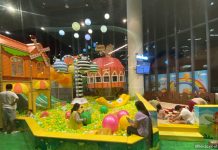



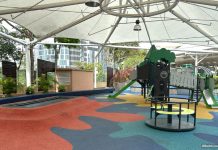
![Coastal PlayGrove: 8 Reasons To Visit The Playground, East Coast Water Play & Food [Updated 2025] Coastal PlayGrove: 8 Reasons To Visit The Playground, East Coast Water Play & Food [Updated 2025]](https://www.littledayout.com/wp-content/uploads/f00-coastal-playgrove-218x150.jpg)
